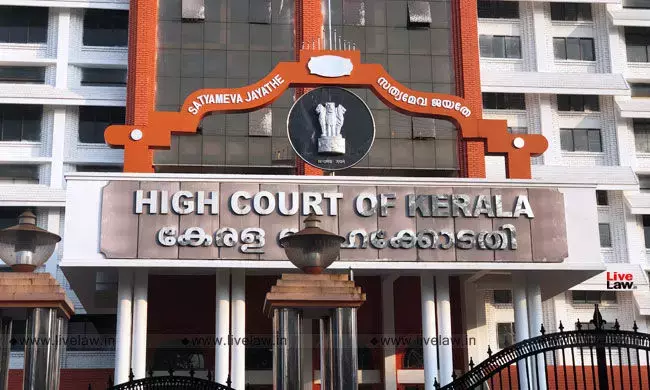Bigamy : Kerala High Court Issues Notice On Plea Challenging Constitutionality Of S.494 IPC
Hannah M Varghese
2 Nov 2021 4:34 PM IST

Next Story
2 Nov 2021 4:34 PM IST
A plea has reached the Kerala High Court challenging the constitutionality of Section 494 of the Indian Penal Code, which provides punishment for bigamy.When the matter came up before the Court on Tuesday, Justice K Haripal issued notice to the respondents. The petitioner, who is facing a criminal prosecution in a case related to bigamy, stated that the Indian Penal Code is a secular piece...
